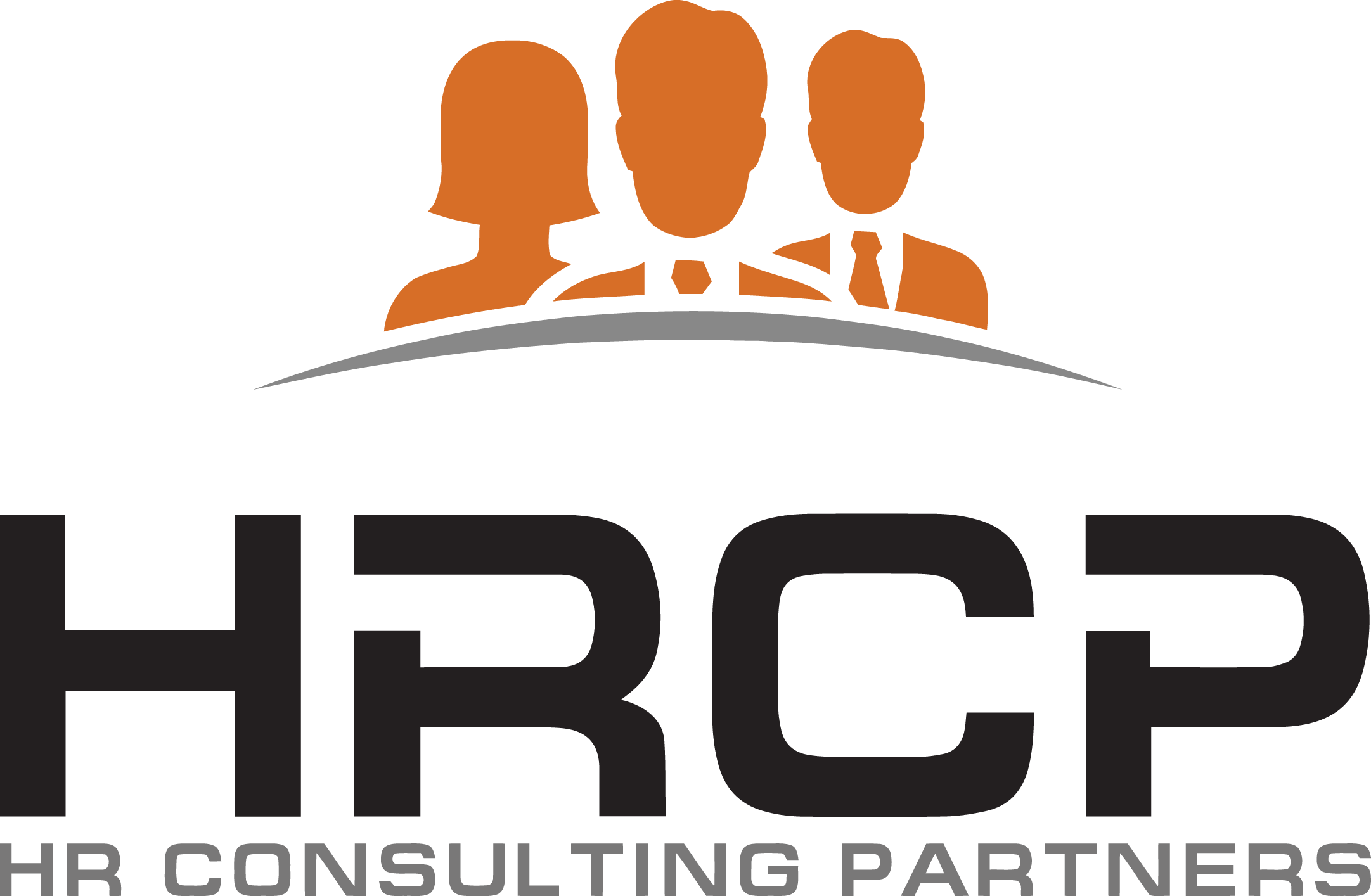
Resources
Coaching as a tool for organizational development
Coaching for sustainable employee growth and development.
“Coaching is partnering with clients in a thought-provoking and creative process that inspires them to maximize their personal and professional potential. This process often uncovers untapped sources of imagination, productivity and leadership.”
This is how the International Coaching Federation (ICF) defines coaching.
Business owners and entrepreneurs know that building an organization requires a lot more than pep talks and seminars. To build a company with strong roots and sustainable growth, organizations use coaching – this is how they invest in their employees and help them develop. Employees today are not only motivated by pay. A sense of purpose, the achievement of personal goals and a professional life filled with passion and enthusiasm are defining.
Organizational coaching is a strategy and an effective tool for company improvement and development.
It can be conducted in different ways depending on the size of the company and business needs. Organizational coaching can be offered in many variations and approaches are modified to meet the needs of each corporate client.
Team coaching
Companies are made up of teams that drive business forward and are the core of any organization. Getting teams to work well and together is the ultimate goal of any organizational coaching effort. For this to happen, the coach may need to observe team members in their natural environment, ask tough questions, and identify flaws in the system. The coach then works with these teams to neutralize weaknesses and maximize strengths.
Executive coaching
Executive coaching is one of the most common forms of coaching used by organizations. Traditionally, executive coaching has been reserved for high-potential leaders, with an emphasis on personal development to achieve high impact. It is also a way to identify the growth needed to perform at higher management levels.
Executive coaching is often a long-term relationship that combines mentoring and professional development. An experienced coach can help create weekly action plans for clients. High levels of trust between the business owner or leader on the one hand and the coach on the other can become a springboard for growth and development.
Integrated coaching
When organizational coaching is part of a larger education and training effort, it is known as integrated coaching. Employees may be introduced to a coach during the training process, but the real coaching does not begin until the training is complete. After training, employees work with a coach to reinforce the knowledge/skill gained and transfer it to the real world.
What can you achieve for your organization through this approach?
Employee engagement and retention
One of the most profound impacts is the increase in employee engagement. When employees feel seen, heard and valued, their connection to the organization deepens. They become more committed to their roles and the organization’s mission. By investing in their growth and development, organizations show their employees that they are valued contributors to collective success. This sense of being valued not only increases engagement, but also improves retention and drives performance. By fostering a coaching culture, organizations send a clear message: every employee matters and their growth and development is a priority.
Building teamwork
Teams that train together stay together. A coaching culture in the office helps teams communicate confidently and listen actively. When combined with a better understanding of the organization’s goals and purpose, this improvement in communication skills makes teams effective and builds rapport. Amazing things happen when employees understand and appreciate their value to an organization. Team members who are aware of their own roles also understand how they are accountable to the rest of their team, leading to better performance and relationships and a sense of belonging to the company and team.
Improving productivity
Organizational coaching helps team members set goals and achieve them. This type of leadership coaching empowers employees by giving them problem-solving tools so they feel accountable for their own goal setting and performance and have the resources to succeed. Coaching has the power to drive change at a behavioral level. By highlighting gaps between current actions and desired outcomes, coaching supports people to align their thinking and actions for success. Coaching helps people recognize unproductive habits, develop alternatives, and apply those strategies to create more productive routines and practices.
Navigating the changes
In today’s fast-paced business landscape, change is the only constant. This constant state of moving flux can be overwhelming to navigate, often leading to resistance and setbacks. The coach plays a critical role in supporting this change-led movement. It provides a safe space for people to express their anxieties, fears and doubts about change, as well as their hopes and dreams. Coaches help people strategize and find their footing in the face of change, thereby minimizing resistance, maximizing resilience and strengthening commitment. Coaching improves individuals’ adaptability, flexibility, and therefore their overall performance, by facilitating smoother transitions to new ways of working.
To conclude
Employees typically benefit from coaching when they have just joined, recently been promoted, are in a leadership position, or have high performance and responsibility roles. But coaching helps empower employees of all skill levels and experience in an organization.
Organizations with a company culture that values employee engagement, professional and personal development, and excellent communication skills can benefit from coaching. We have already listed the main benefits, but the list does not end there.
We will conclude with this: we will help you step outside the box and develop your organization in the right direction. Yes, with coaching.
Photo credit: depositphotos, freepik
